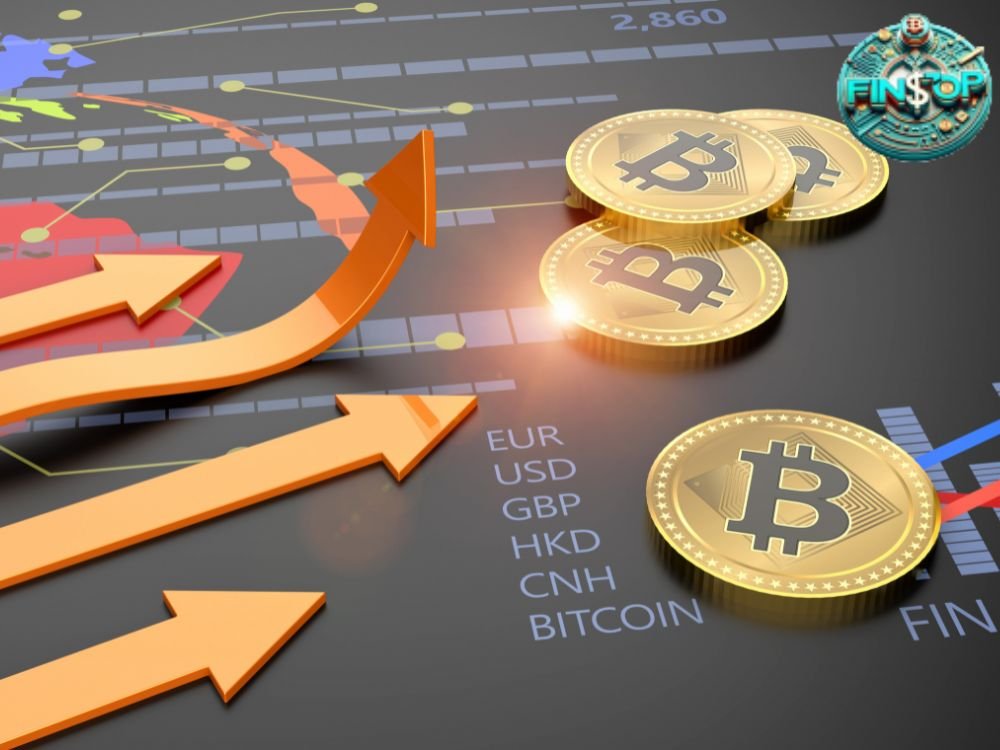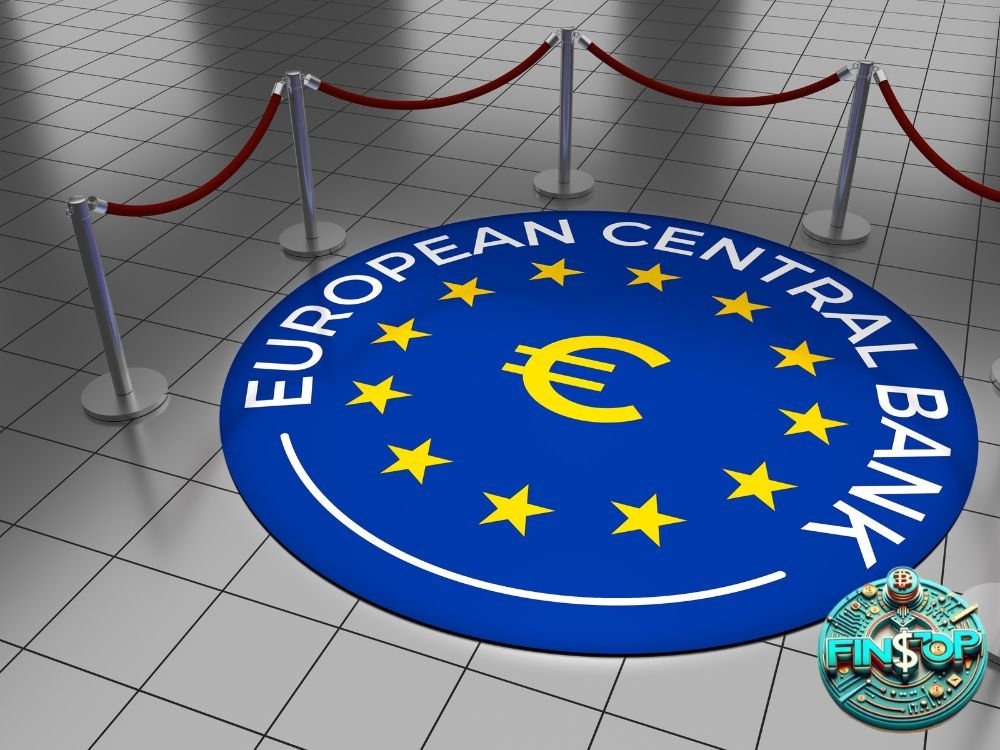Technical Analysis in Crypto: Amazing Tools and Formulas

Amazing Tools and Formulas for Technical Analysis in Crypto
A Look at Technical Analysis in Cryptocurrencies
With its many tools and formulas, technical analysis is like a lighthouse for bitcoin traders. It helps them find their way through the rough waters of the market. Not only is it about guessing what will happen in the future, but also about learning about the past and being more sure of yourself in the present.
Understanding the Market
Cryptocurrency Market Types
There are bullish, bearish, and sideways trends in the crypto market. Each needs a different method and knowledge of how markets work.
Analysis of Market Sentiment
A big part of what drives market trends is how people feel about the market, which can be found on social media and in the news. The Fear and Greed Index and other tools can help you figure out how people feel in general.
Graphs and charts

Charts with candles
Cryptographic technical analysis language is made up of candlestick charts, which are like letters. Each light displays the open, high, low, and close prices for a certain time period.
Levels of Support and Resistance
- To find Resistance (R), use the formula R = highest over the last N times.
- To find Support (S), use the formula S = lowest over the last N times.
Patterns in charts and what they mean
Head and shoulders, circles, and flags are all patterns that show possible market moves. Seeing these trends helps you guess where the market will go.
How to Use Technical Indicators
Averages that Move
- SMA stands for Simple Moving Average. Its formula is SMA = (A1 + A2 +… + An) / n.
- We can write the exponential moving average (EMA) as (K x (C – P)) + P.
Ratio of Strength Index (RSI)
- RSI = 100 – (100 / (1 + RS)), where RS stands for Average Gain / Average Loss.
Moving Average Convergence Divergence, or MACD,
- MACD = 12-period EMA – 26-period EMA is the formula for MACD.
Analysis of Volume
Indicators of Volume
Volume is one of the most important factors in establishing trends. A price change that is followed by a lot of trading is more likely to last.
Price and Volume Are Linked
A rise in volume often comes before a big change in price, which can help you figure out where the market is going next.
Analysis of Trends
How to Find Trends
Follow the way of the trend. Trends that go up show that people are optimistic, while trends that go down show that people are pessimistic.
Curves and lines of trend
- Trend Line Formula: This line connects two or more price points and goes into the future to support or oppose price changes.
Signs of Momentum
Oscillator of Chance
- To find %K, divide (Current Close – Lowest Low) by (Highest High – Lowest Low) and multiply by 100.
Momentum and How to Figure It Out
When you take the most recent price (V) and subtract it from the most recent price (Vx), you get momentum.

Analysis of Volatility
Bands of Bollinger
- Upper Band = Middle Band + (2 x Standard Deviation) and Lower Band = Middle Band – (2 x Standard Deviation). There are four bands: Middle Band, Upper Band, Lower Band, and Middle Band.
Number of True Ranges (ATR)
- The formula for ATR is: ATR = (Former ATR x (n-1) + Present TR) / n.
Extensions and retracements of Fibonacci numbers
The Fibonacci Numbers
Fibonacci levels are important retracement and extension markers that are used to find places where the price of a coin might change direction.
How to Use Fibonacci in Crypto Trading
- The levels of retracement are 23.6%, 38.2%, 61.8%, and 78.6%.
- 161.8%, 261.8%, and 423.6% are the levels of extension.
Wave Theory by Elliot
The Basic Ideas Behind Elliot Wave
Five waves move the market in the direction of the trend, followed by three waves that turn things around.
Useful Information in Crypto
Finding these waves can help you understand market trends and possible turning points.
What Dow Says
How the Dow Theory Works
There are three types of market swings: the main swing, the middle swing, and the short swing. These rules help you figure out how the market is moving.
Crypto Analysis Based on the Dow Theory
Dow’s ideas were first used in stock markets, but they can also be used in crypto markets and give a more complete picture of how markets move.
How to Handle Risks When Trading Crypto

Put Stop Losses in Place
Stop-loss orders are very important for protecting your cash. They limit the amount of money they could lose by selling immediately at a set price.
Ratio of Risk to Reward
A good risk-to-reward ratio makes sure that the possible benefits are greater than the risks.
Algorithmic Trading in Crypto
How algorithmic trading works
Algorithmic trading means making trading choices based on predefined algorithms instead of people’s feelings.
Good and Bad Things
Algorithmic trading can quickly handle huge amounts of data, but it also comes with the risk of big losses when the market changes.
How to Trade Psychology
Self-Control for Feelings
When the market goes up and down, it is important to keep your emotions in check. Trading choices based on emotions often end badly.
A lot of psychological traps
Fear of missing out (FOMO) and trading too much are common mistakes that can ruin trade plans.
How to Trade Cryptocurrencies
Trading Every Day
Day trading is when you buy and sell stocks during the same trading day to profit from short-term changes in the market.
Trading in Swings
You need to be patient and know how the market moves in order to do swing trading, which takes advantage of price “swings” that last for days or weeks.
Slicing up
Scalping is a technique for making a lot of small profits when prices change very little during the day.
Case Studies: Technical Analysis That Worked
A Look Back at the Past
Looking at examples of profitable trades from the past can teach us a lot about how well technical analysis tools and techniques work.
What I Learned
Figuring out what went well and poorly in past trades can help you improve your methods and avoid making the same mistakes again.
What is Next for Technical Analysis in Crypto?

Improvements in technology
AI and machine learning are getting better, which will change the way technical analysis is done and make it easier for everyone to understand.
What AI and machine learning mean for
These technologies can look at very large datasets, find trends, and even more accurately predict how markets will move.
In conclusion
Crypto traders can not do their jobs without technical analysis, which gives them information that helps them make smart trading choices. Traders can improve their trading methods and get around the crypto markets more easily if they understand and use the tools and formulas that were talked about.
This Article is sponsored by Living Animal










